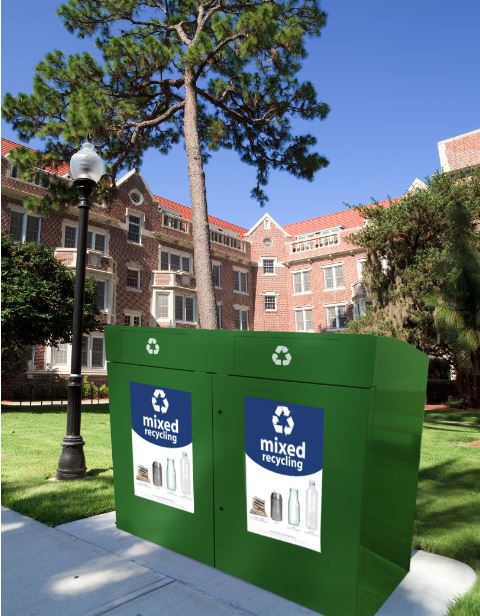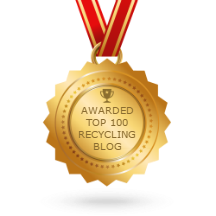 Beginning in mid-July, it will be easier than ever for members of a university community to recycle.
Beginning in mid-July, it will be easier than ever for members of a university community to recycle.
Virginia Tech, in conjunction with Radford University and surrounding towns will be converting to single-stream recycling. This will make it much easier for students and staff to recycle on campus. It will no longer be necessary to sort recyclable materials — all paper, plastic bottles, metal cans, and glass items can be placed into a single recycling bin together.
The items that can be recycled will not change significantly. Virginia Tech will continue to accept all plastic containers; glass bottles and jars; all mixed paper, newspaper, and magazines; cardboard; aluminum, steel, and tin cans. It will just be easier on visitors, staff and students.
Over the next several weeks, the lids on the existing recycling containers will be replaced in the academic and administration buildings. In addition, recycling containers along sidewalks on campuses will be adapted to allow for both paper and container recycling. Additionally, new recycling containers will also be purchased to make recycling easier everywhere on these college campuses.
Every year, officials with Virginia Tech say the school collects more than 2,000 tons of recyclable material and 3,600 tons of trash. The university’s recycling rate has steadily grown since 2008 and was at 40.47% in 2014. Virginia Tech says they’re committed to reaching a 50% recycling rate by 2020.
For more information on recycling containers for college and university campuses, contact the Fibrex Group.
WSLS







































